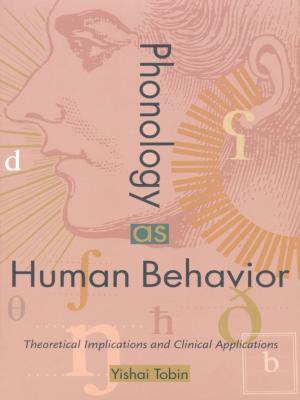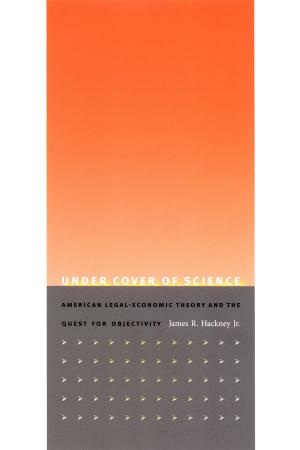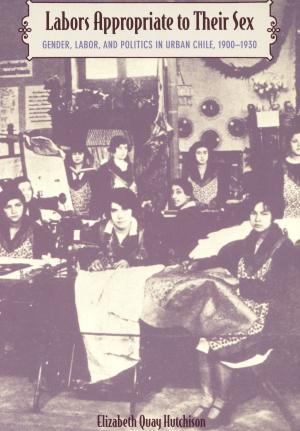Mobile Subjects
Transnational Imaginaries of Gender Reassignment
Nonfiction, Social & Cultural Studies, Social Science, Cultural Studies, Ethnic Studies, Gender Studies| Author: | Aren Z. Aizura | ISBN: | 9781478002642 |
| Publisher: | Duke University Press | Publication: | October 25, 2018 |
| Imprint: | Duke University Press Books | Language: | English |
| Author: | Aren Z. Aizura |
| ISBN: | 9781478002642 |
| Publisher: | Duke University Press |
| Publication: | October 25, 2018 |
| Imprint: | Duke University Press Books |
| Language: | English |
The first famous transgender person in the United States, Christine Jorgensen, traveled to Denmark for gender reassignment surgery in 1952. Jorgensen became famous during the ascent of postwar dreams about the possibilities for technology to transform humanity and the world. In Mobile Subjects Aren Z. Aizura examines transgender narratives within global health and tourism economies from 1952 to the present. Drawing on an archive of trans memoirs and documentaries as well as ethnographic fieldwork with trans people obtaining gender reassignment surgery in Thailand, Aizura maps the uneven use of medical protocols to show how national and regional health care systems and labor economies contribute to and limit transnational mobility. Aizura positions transgender travel as a form of biomedical tourism, examining how understandings of race, gender, and aesthetics shape global cosmetic surgery cultures and how economic and racially stratified marketing and care work create the ideal transgender subject as an implicitly white, global citizen. In so doing, he shows how understandings of travel and mobility depend on the historical architectures of colonialism and contemporary patterns of global consumption and labor.
The first famous transgender person in the United States, Christine Jorgensen, traveled to Denmark for gender reassignment surgery in 1952. Jorgensen became famous during the ascent of postwar dreams about the possibilities for technology to transform humanity and the world. In Mobile Subjects Aren Z. Aizura examines transgender narratives within global health and tourism economies from 1952 to the present. Drawing on an archive of trans memoirs and documentaries as well as ethnographic fieldwork with trans people obtaining gender reassignment surgery in Thailand, Aizura maps the uneven use of medical protocols to show how national and regional health care systems and labor economies contribute to and limit transnational mobility. Aizura positions transgender travel as a form of biomedical tourism, examining how understandings of race, gender, and aesthetics shape global cosmetic surgery cultures and how economic and racially stratified marketing and care work create the ideal transgender subject as an implicitly white, global citizen. In so doing, he shows how understandings of travel and mobility depend on the historical architectures of colonialism and contemporary patterns of global consumption and labor.















